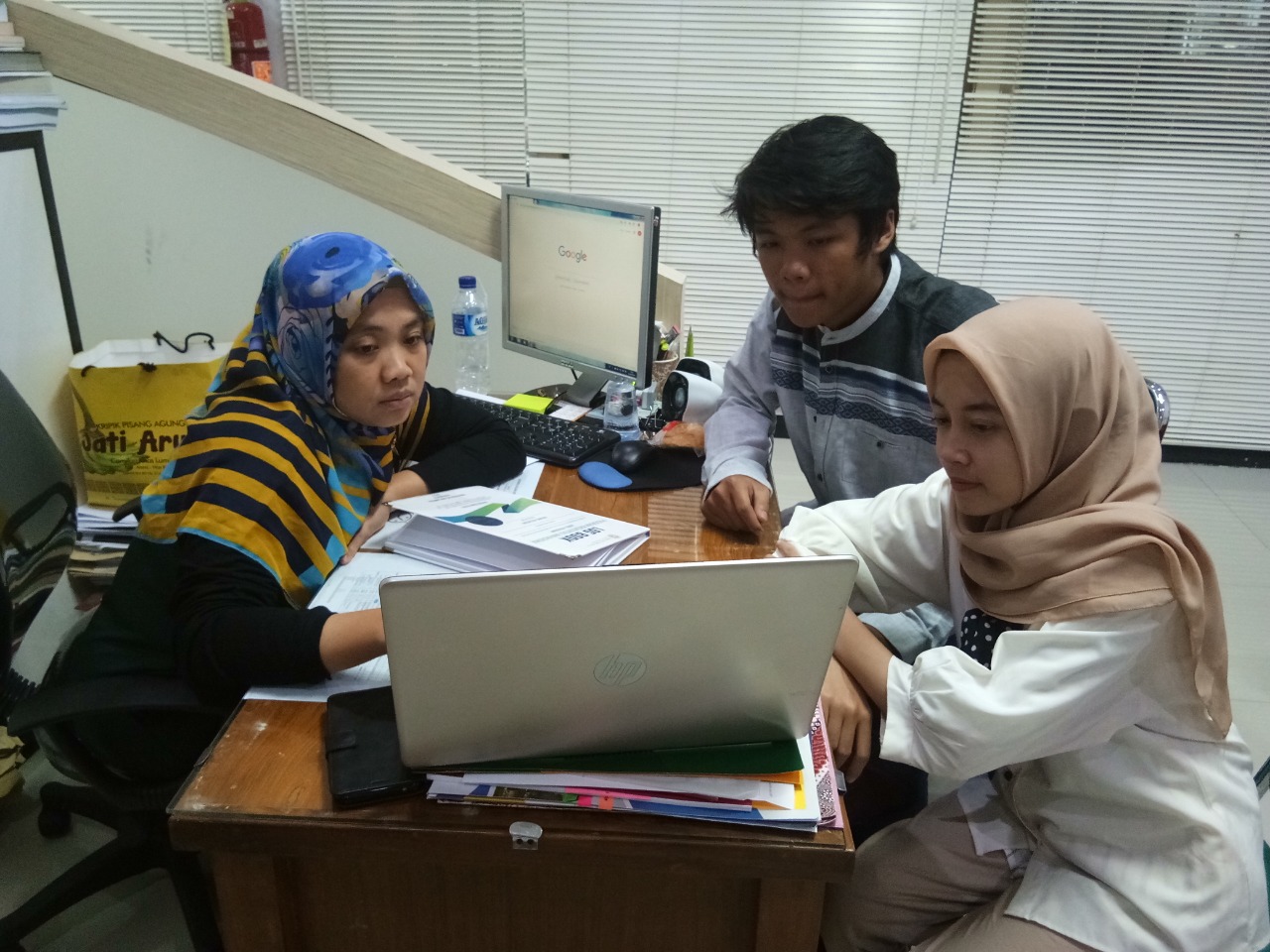UNAIR NEWS – Indonesia has a significant number of cigarette smokers. It is supported by the increase in cigarette consumption from 2012 to 2016. It raises concerns, especially related to the potential negative impact of smoking on health.
The Indonesian government seeks to reduce the level of consumption of cigarettes by classifying cigarettes as goods with tightly restricted distribution. The limitation is carried out by imposing excise tariffs on cigarettes through government regulations. On the other hand, an increase in cigarette consumption will increase state revenues from cigarette excise.
A PKMP-PSH Team from Universitas Airlangga was funded by the Ristekdikti to study the Impact of the Excise Policy in Reducing the Amount of Cigarette Consumption. Andre Pupung Darmawan from the Islamic Economics Program leads a team with two members, Rica Naudita Krisna Setioningrum from Public Health Program and La Himmah il Princess Choris from Islamic Economics Program. They are supervised by their lecturer, Puji Sucia Sukmaningrum, SE, CIFP.
“The research aims to measure and analyze the impact of cigarette excise tax policies on reducing cigarette consumption. The method in the study, he explained, uses a combination of quantitative approaches and qualitative approaches, “explained Andre as the team leader.
In the quantitative approach, he explained, there are two analytical models used. First, the Logistic or Logit model, to estimate the magnitude of the impact of cigarette prices on the probability of smoking. Second, the Tobit model, to estimate the magnitude of the impact of price changes on the amount of cigarette consumption.
“While the qualitative approach is a form of ‘confirmation’ regarding quantitative findings and facts in the field,” he said.
Regarding the results of the study, Andre said that the results used the 2017 SUSENAS (National Socio-Economic Survey) data. The data, he explained, in the Logit model showed that all independent variables had a significance level in forming probability trends/smoking decisions.
“Estimation results both in the Logit model and in the Tobit model indicate that the existence of excise policies (which causes the rising cigarette prices) does not reduce the probability/decision of smoking or consumption of cigarettes greatly in value,” he explained. “Indeed, the statistics showed, but the coefficient value is not too large,” he added.
The results of quantitative calculations, he added, were further explored by looking at and confirming the facts in qualitative data through interviews with smokers and non-smokers (as many as 50 people). The result showed that smokers decided to stop smoking, not due to price and health factors.
“Many respondents stated that they did not want to stop smoking even though prices rose. The rising cigarette prices due to excise can be addressed by choosing other cheaper cigarettes,” he concluded.
Author: PKMPSH TEAM Impact of Excise Policy on Reducing the Amount of Cigarette Consumption
Editor: Nuri Hermawan





